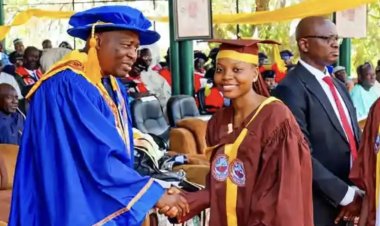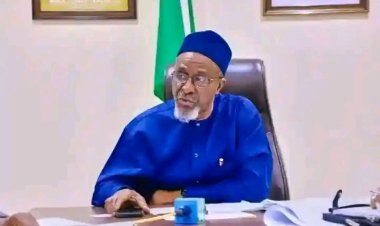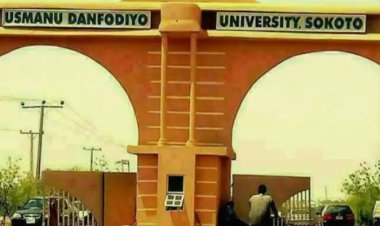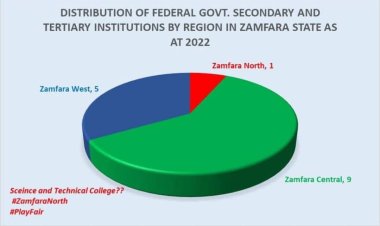Redeemers University Don Condemns 1999 Constitution as Detrimental to Nigeria's Progress
Dr. Olaniyi Olayinka, a lecturer at Redeemers University, denounces the 1999 constitution as detrimental to Nigeria's advancement, stating it hampers true federalism and perpetuates centralization.
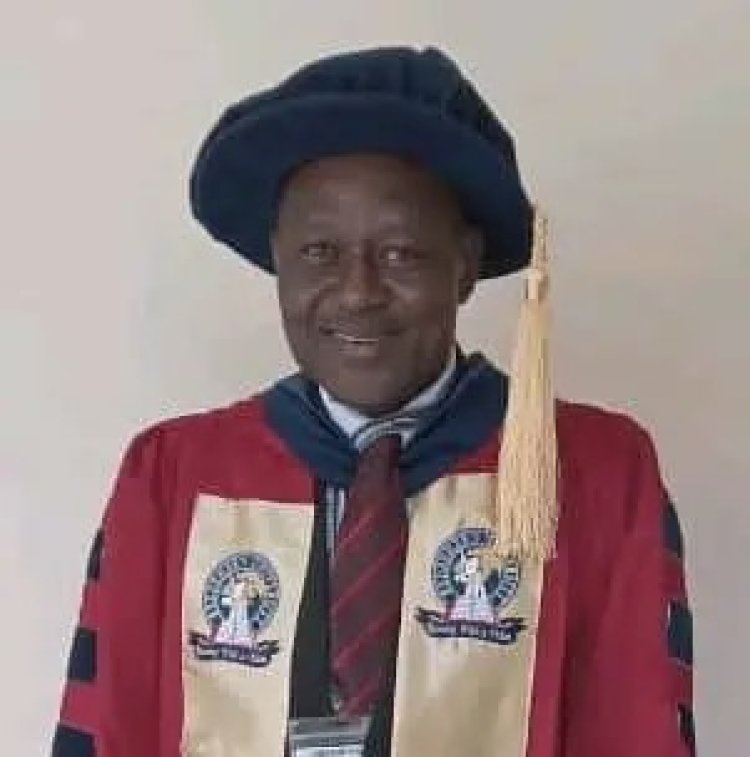
In a scathing critique of Nigeria's political landscape, Dr. Olaniyi Olayinka, a lecturer at Redeemers University, Ede, Osun State, has condemned the 1999 constitution, labeling it a hindrance to the country's progress. Speaking at the 4th public lecture of the College of Law at Achiever University, Owo, Ondo State, Dr. Olayinka pulled no punches as he delivered his assessment of Nigeria's federalism and its impact on national objectives.
RECOMMENDED: OAU Students Union Raises Alarm Over Fuel Price Surge, Threatens Protest
The lecture, titled 'Nigeria Federalism and the Realization of the Objectives of a State', delved into the shortcomings of the Nigerian political system, particularly its failure to uphold true federalism. Dr. Olayinka went as far as to describe Nigeria's federalism as "fake", attributing its erosion to the militarization of the country's political landscape, which resulted in the centralization of economic and political power.
Highlighting the promises of the ruling All Progressives Congress (APC) to restore true federalism, Dr. Olayinka lamented the failure of former President Buhari to enforce these principles effectively. He criticized the concentration of power in the hands of a single individual, which, he argued, undermines the democratic will of the people and perpetuates ethnic favoritism.
One of the key issues raised by Dr. Olayinka was the failure of Nigeria's federal character principle to ensure inclusive participation in economic and political sectors. He pointed out that despite its laudable provisions, the principle remains non-justiciable under the 1999 Constitution, limiting its effectiveness in promoting equitable representation.
SEE MORE: Senator Salisu Shuaib Advocates for Reinstatement of Management Courses at FUNAAB
Furthermore, Dr. Olayinka identified ethnicity, public sector corruption, and compromised political parties as significant challenges to good governance in Nigeria. He criticized the government's handling of security threats such as Boko Haram, killer cattle herders, and kidnappers, citing a lack of political will to prosecute offenders as a hindrance to socio-economic development.
In proposing a solution to Nigeria's socio-economic challenges, Dr. Olayinka called for the implementation of the 2014 Confab report, which advocates for a true federation in Nigeria. Drawing inspiration from Ghana's decentralized governance model, he suggested that Nigeria could learn from its neighbor's approach to addressing horizontal inequalities and promoting efficient service delivery at the local level.
Dr. Olayinka's remarks underscored the urgent need for comprehensive political reform in Nigeria to address systemic issues and pave the way for genuine socio-economic development. As the country grapples with various challenges, his insights serve as a reminder of the importance of fostering inclusivity, accountability, and transparency in governance.
READ ALSO: University of Ibadan (UI) 2024/2025 Post UTME and JAMB Cut Off Marks

 Chris Oyeoku Okafor
Chris Oyeoku Okafor 